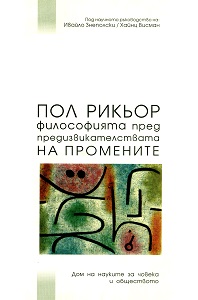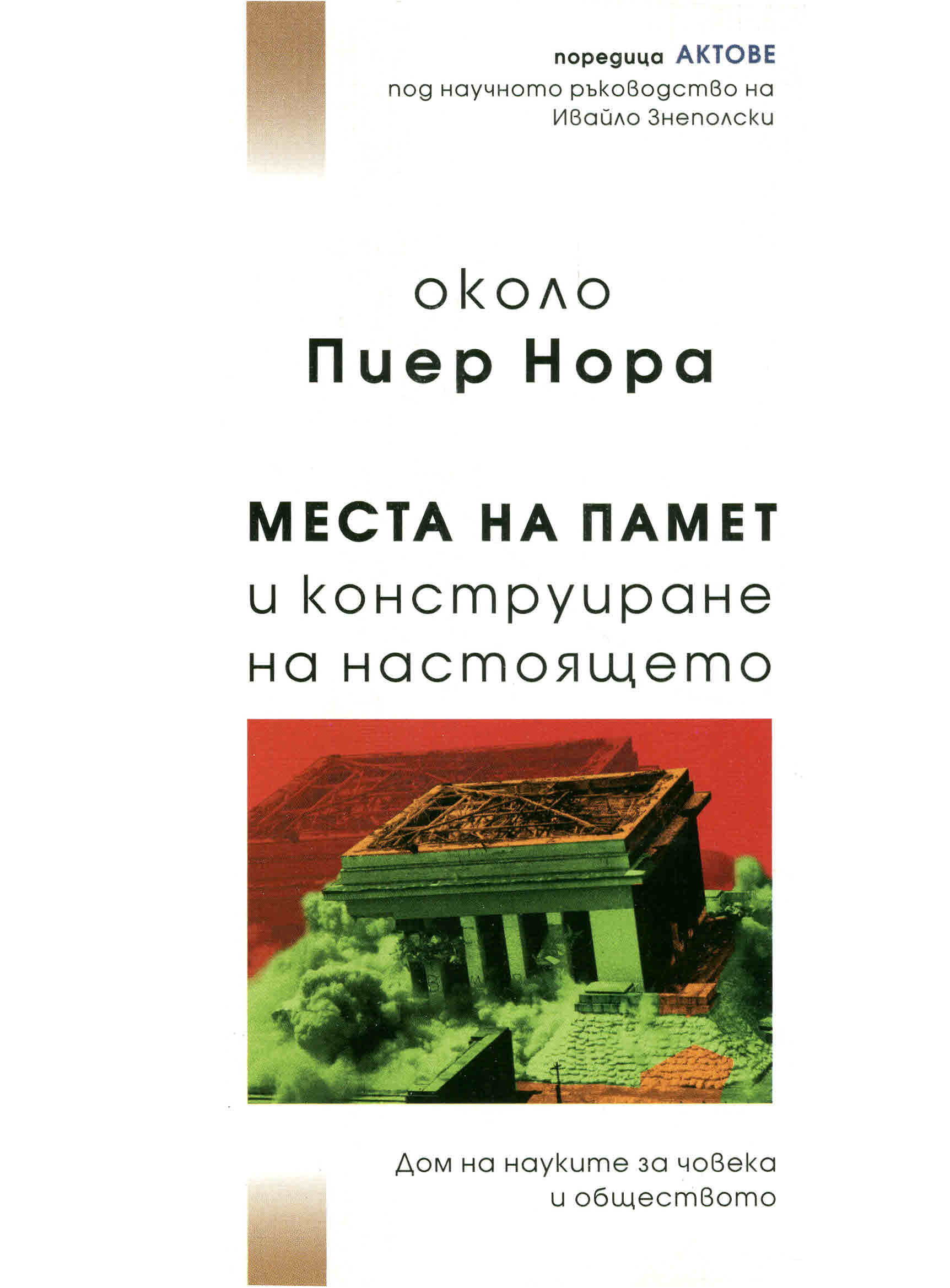
We kindly inform you that, as long as the subject affiliation of our 300.000+ articles is in progress, you might get unsufficient or no results on your third level or second level search. In this case, please broaden your search criteria.



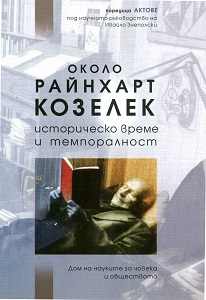

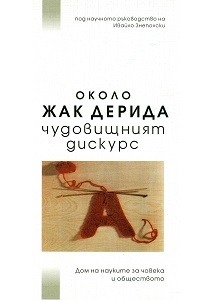









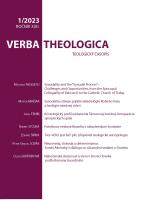
This study focuses on the ways in which people live in speech and how speech becomes their home. It shows how through speech one expresses existential questions, how speech can grasp the search and finding of the good, the true, the beautiful, how speech formulates the question for God, how it asks for God’s name. At a deeper and more fundamental level, then, it traces speech as that which speaks to us, dealing with the relationship of speech and understanding, the possibilities of communication, dialogue, and, finally, how we can bear witness in speech to that which is inexpressible. The study takes inspiration from the ideas of (theological) hermeneutics, especially those of Hans-George Gadamer (1900–2002), which we use in the context of theological anthropology to show its relevance to how humans understand themselves and the world around them, how they understand God, and how they speak about themselves in relation to God.
More...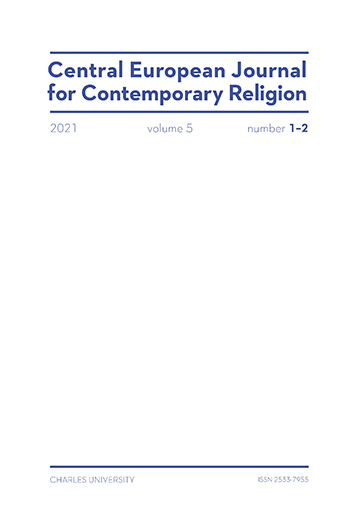
The article thematically and structurally analyses a group of films usually designated as “gnostic films”. These films share a common ideology as they postulate the existence of two worlds – one illusory and the other true. The hero must escape the false world and reach the true one. As the majority of gnostic films appeared at the turn of the millennium, the article also suggests what contributed to the emergence of these films. As the cosmology of the films bears a close similarity to the cosmology of conspiracy theories, the emergence of the films is shown to be a part of the sociocultural development of the conspiracist mindset entering the mainstream. In the 1990s, conspiracism was out of the closet and gained popularity, but it was not yet perceived as an imminent societal threat and therefore was not a taboo for Hollywood filmmakers. The 1990s were also the decade of a unipolar world order where the absence of an inimical Other engendered anxiety about the system itself, which is reflected in the analysed films.
More...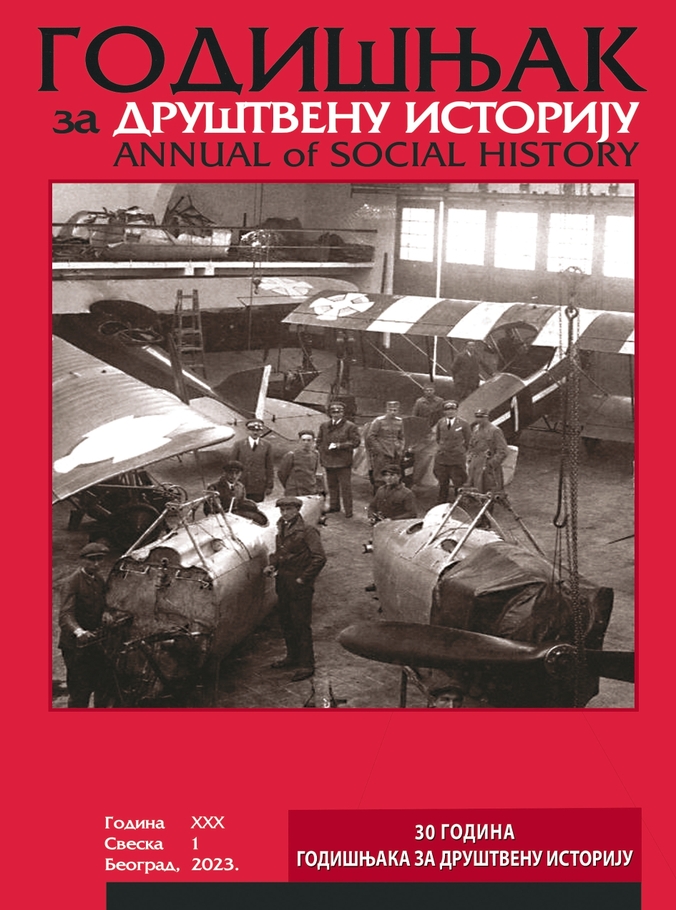
The article attempts to present some methodological approaches, controversies, and dilemmas in the research of intellectual history. First, the paper shows a dispute over the subject matter and the definition of the discipline from the perspective of influential scholars in the field. The major part of the study aims to show several methodological approaches: the traditional method of the “history of ideas” in the USA, the linguistic contextualism of the “Cambridge school”, the relationship between postmodernism and intellectual history, as well as social intellectual history. Similarities and differences between selected approaches are discussed considering their contributions and shortcomings. The final part of the article examines contemporary trends within the discipline, offering one of the potential solutions for earlier crises and methodological difficulties.
More...